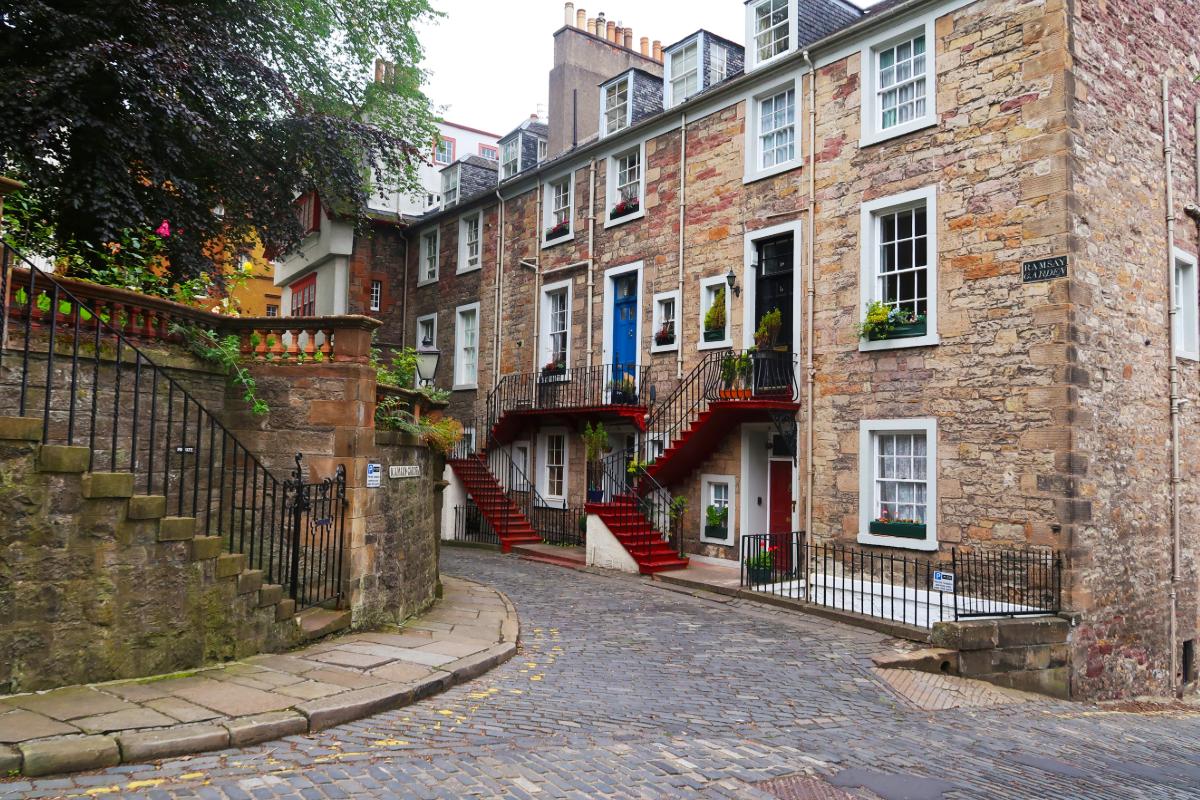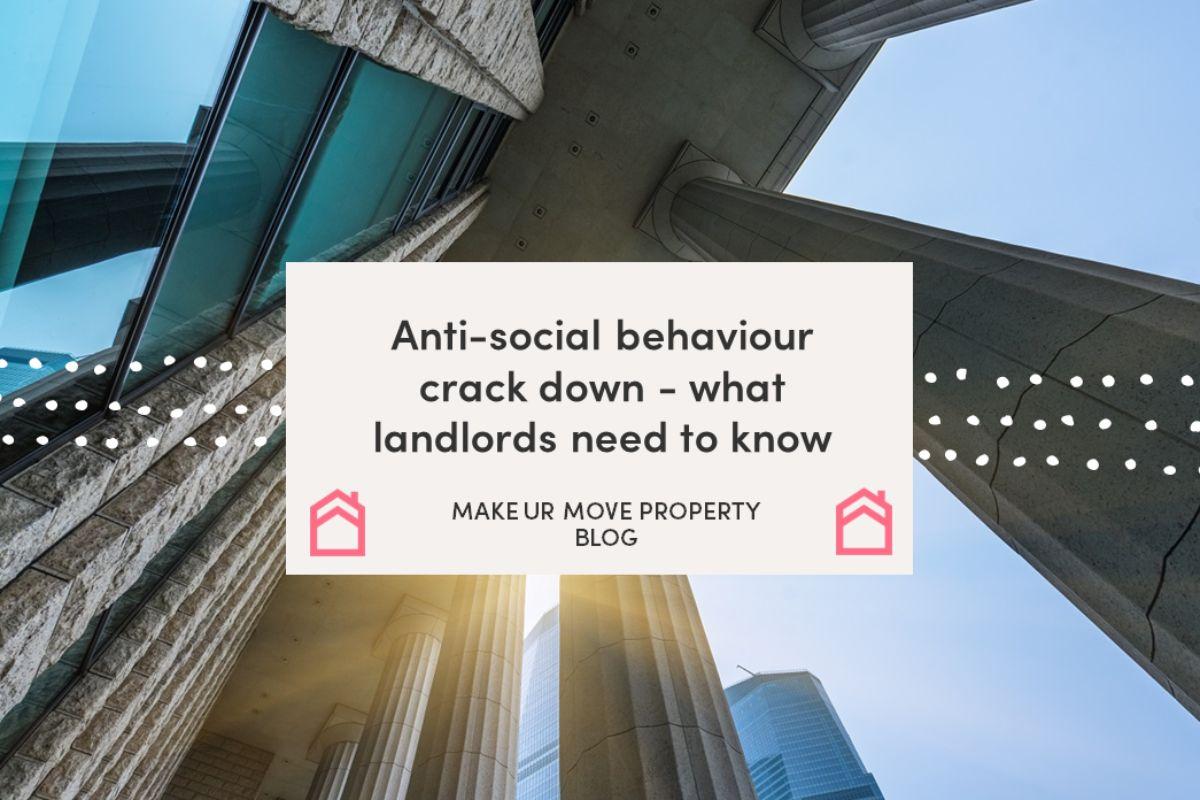
Anti-social behaviour can come in different forms, such as creating noise, threatening neighbours, damaging the property they live in or neighbouring property; or using the rented property for illegal activities. There are some actions landlords can take to prevent and resolve such issues, here we take a look into how landlords can act upon tenants’ anti-social behaviour.
What is anti-social behaviour?
The definition in law for anti-social behaviour is ‘any behaviour which causes or is likely to cause harassment, alarm or distress to one or more persons, not of the same household.'
Here are some examples::
Playing loud music.
Excessive noise including shouting, swearing and screaming.
Illegal parking of vehicles.
Abandoning vehicles.
Allowing rubbish to build up.
Threatening and abusive behaviour.
Allowing children or others to act in a manner which causes fear or intimidation.
Racist or homophobic behaviour.
While this is far from an exhaustive list, they are the most common anti-social behaviours. All the above apply whether the behaviour takes place inside or outside the property, or in communal areas.
Clauses in the tenancy agreement
The tenancy agreement should always strongly and clearly show that anti-social behaviour is forbidden under any circumstances. This is often described as ‘nuisance’ or ‘annoyance’ legally. It is more effective to use both terminologies as they can represent different meanings sometimes. Landlords should also include a clause prohibiting illegal and immoral behaviour in the property.
The first step when the tenant has committed anti-social behaviour
When the landlord receives a complaint about the behaviour, the first step is to speak to the tenant and restate the fact that the behaviour is prohibited in the property. The best way is to directly speak to the tenant, then record every conversation in writing afterwards. It is best to note down what the complaint was about in details and retrieve evidence if possible before speaking to the tenants.
Sometimes, other residents in the property such as children, guests and pets can be the cause of the problems. If the tenancy agreement prohibits anti-social behaviour, the tenant will be fully responsible for the conduct of others living in or visiting the property.
Is the landlord responsible?
A landlord is only liable if they have participated directly in a nuisance or annoyance or allowed the activity.
What happens if anti-social behaviour continues?
If speaking to the tenant does not resolve the issue, the landlord should consider a final warning in writing before taking legal actions.
A written warning is usually the last step before eviction. However, if the warning is ignored, some councils do offer other options, but they do rely on the cooperation of your tenant.
For example, the tenant could agree to an acceptable behaviour contract. In this case, the council will work with you and any other agencies (such as social services) to set boundaries for certain behaviour. Some councils offer mediation services as well.
But in serious cases of anti-social behaviour, eviction may be the only solution.
Collecting evidence for further actions
Collecting evidence of anti-social behaviour is crucial. Landlords should keep a record of what happened in details, with exact dates, times and people who were involved. It’s also a good idea to provide names and details of any witnesses, and a statement from them if possible. The evidence will be more effective if the details have been taken down at the time it happened or closer to the time the incident occurred. Landlords can also keep a diary regarding the nuisance to track all incidents with detailed notes.
Should the police be involved?
If a criminal offence is involved; such as criminal damage or assault, the landlord should consider involving the police.
Evicting a tenant for anti-social behaviour
If you're left with no choice, you have to apply to the court for a possession order. This will usually be under Section 8. You will have to present evidence and all the notes you have previously taken down. The council will help with this - report anti-social behaviour to your local council.
What happens if you ignore complaints about anti-social behaviour?
Ignoring anti-social behaviour could be costly. In the first instance, a tenant who entertains in this behaviour is likely to cause damage to your property. But there are other consequences if the behaviour continues.
The council or police can apply for a Premises Closure Order. A PCO shuts down the property, which can be for as long as six months. During that time, you will not be able to let the property. Even if the tenant causing anti-social behaviour moves out. The financial implications of this are significant.
If you receive complaints about anti-social behaviour, it's in your best interests to try and resolve them.
If you would like to get help with advice and eviction, you can contact our team for more information.
If you are using our management services, eviction assistance is included, please speak to our team to discuss further in details.






